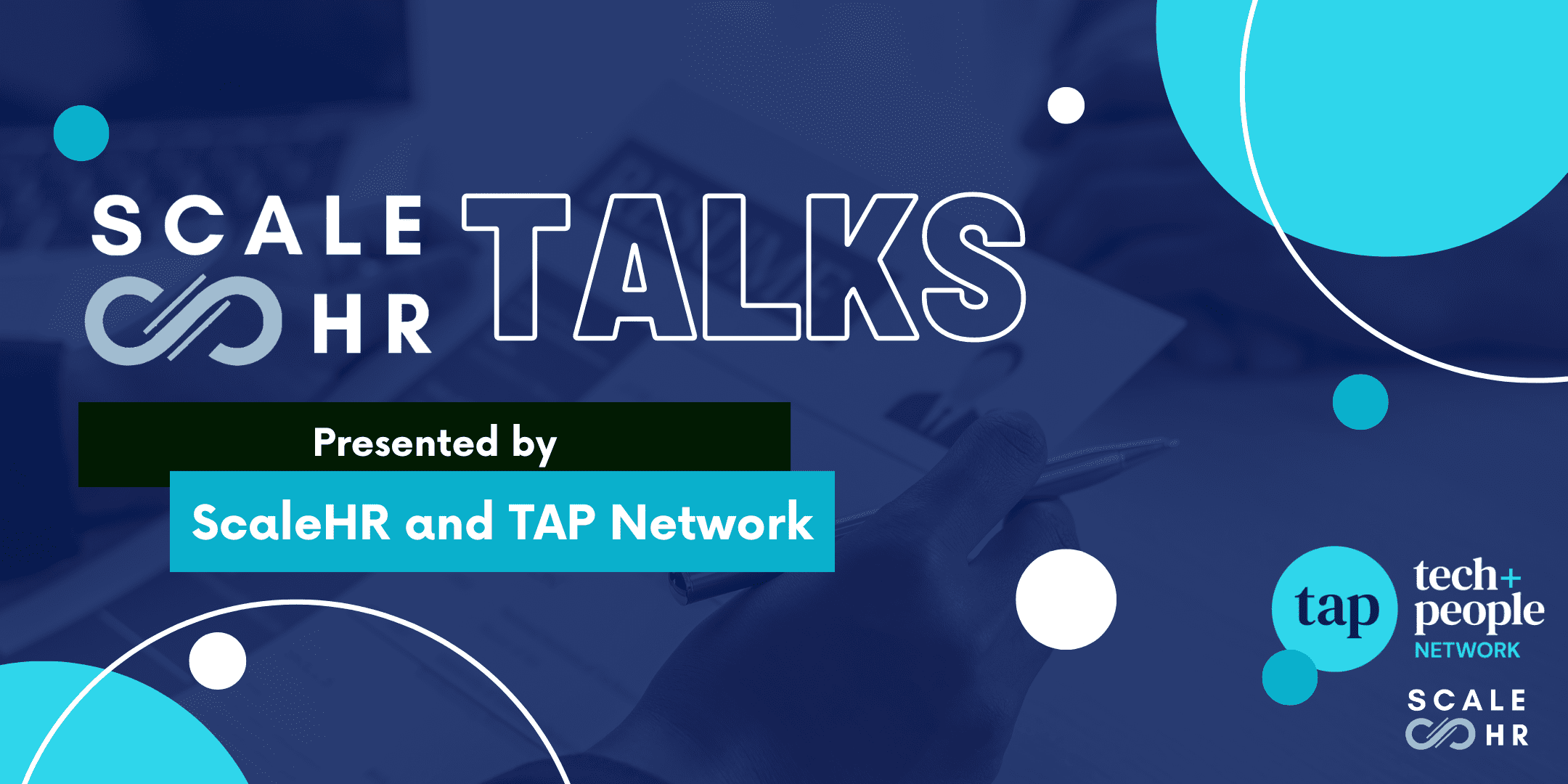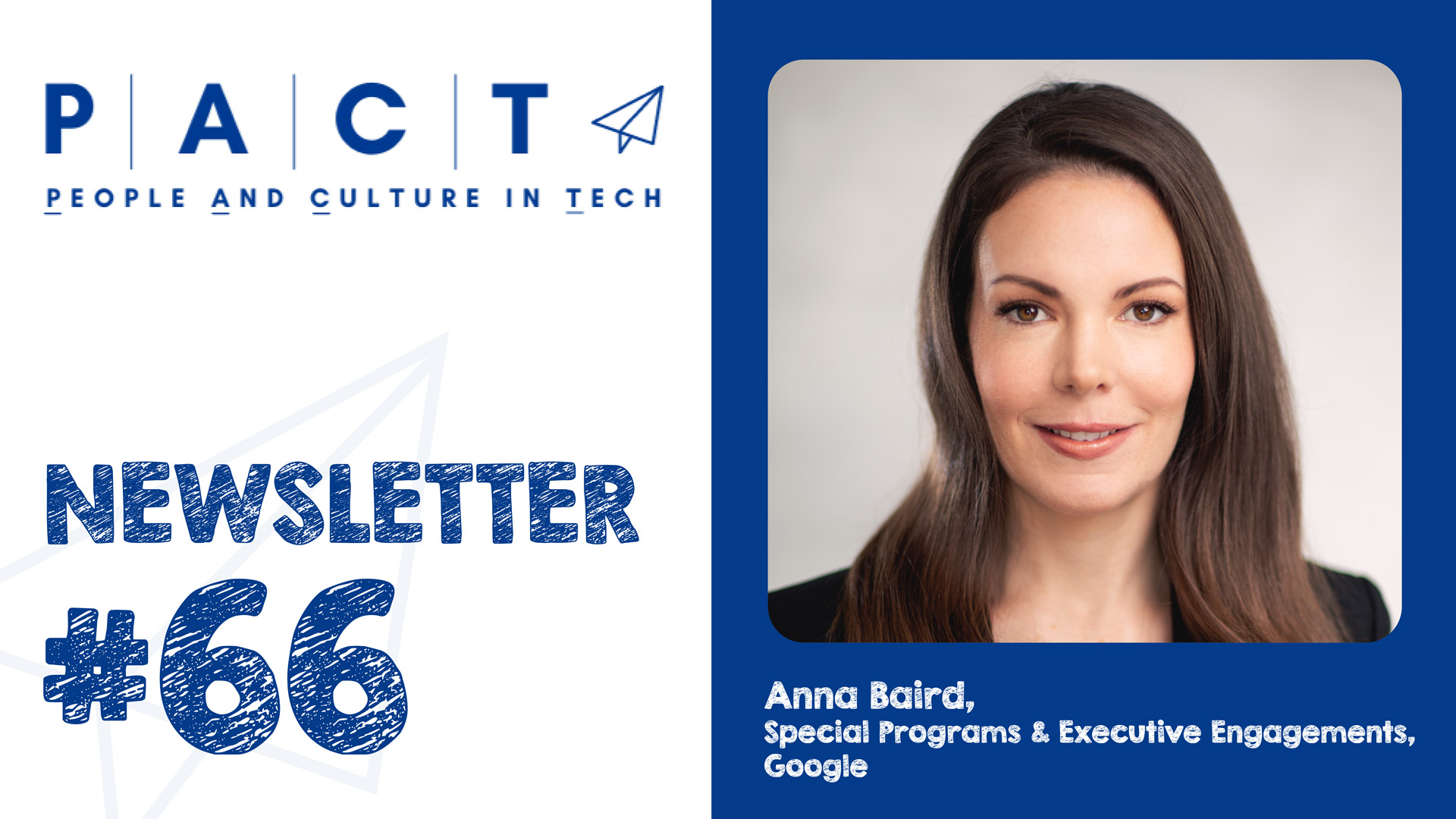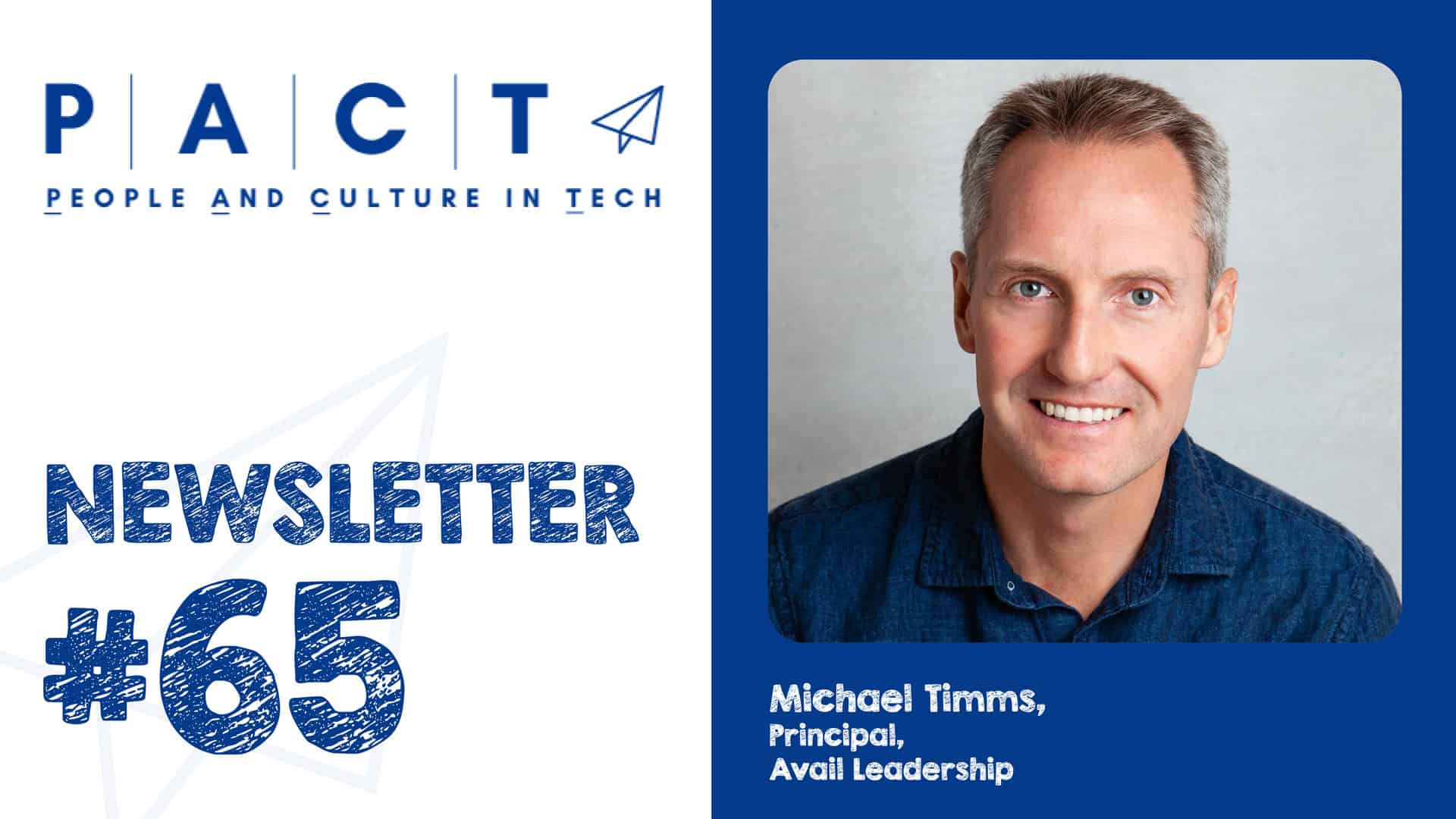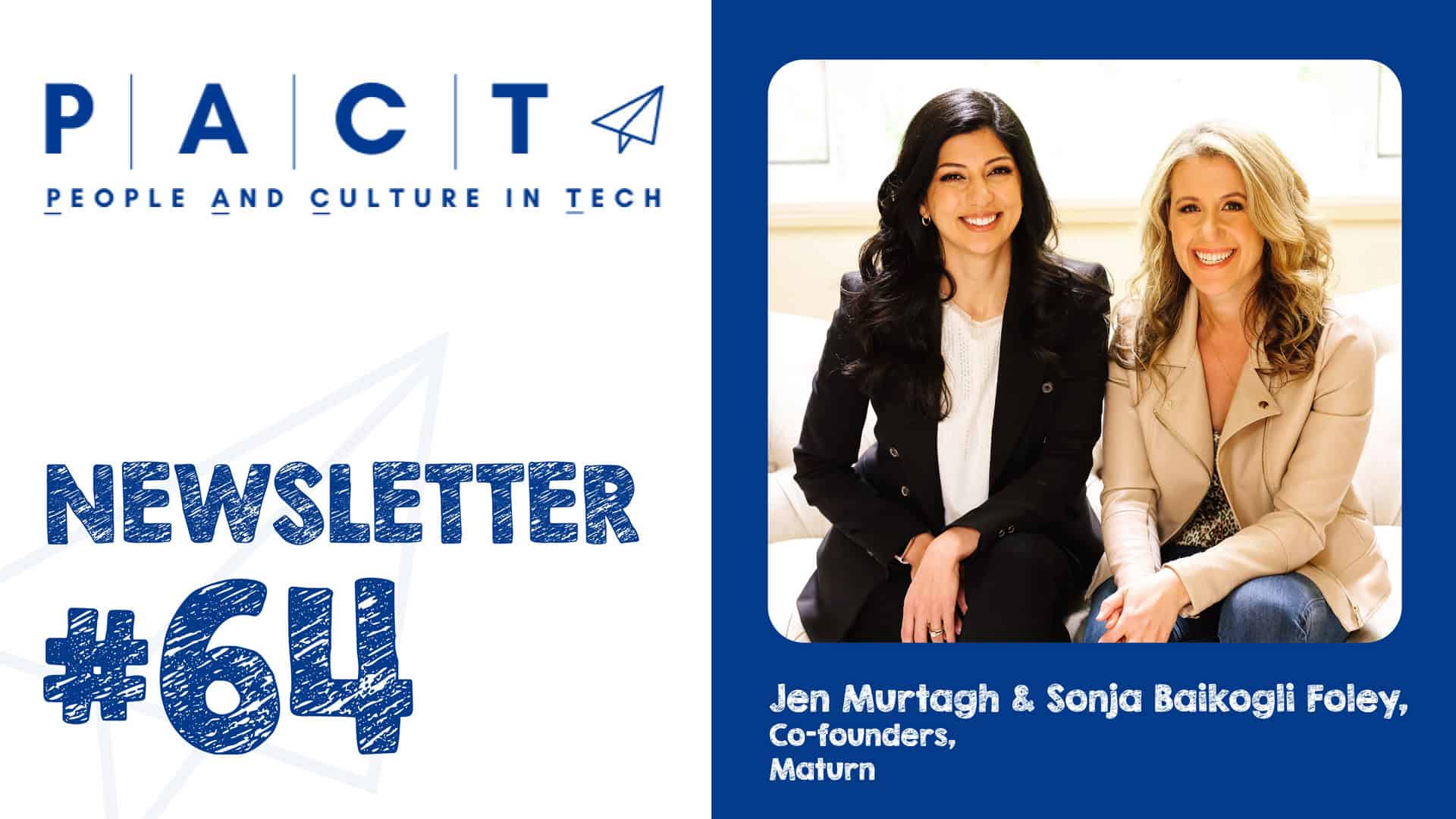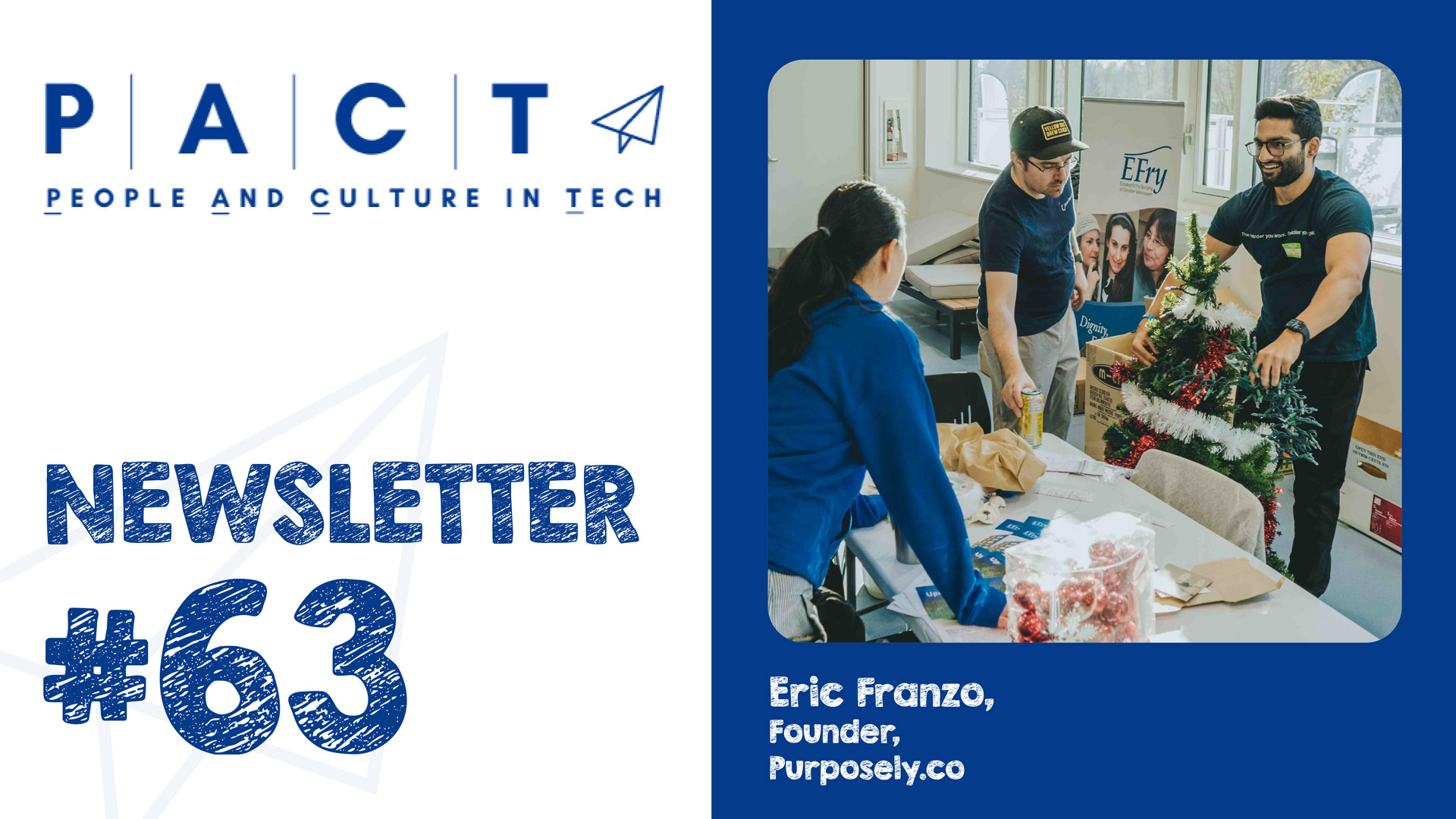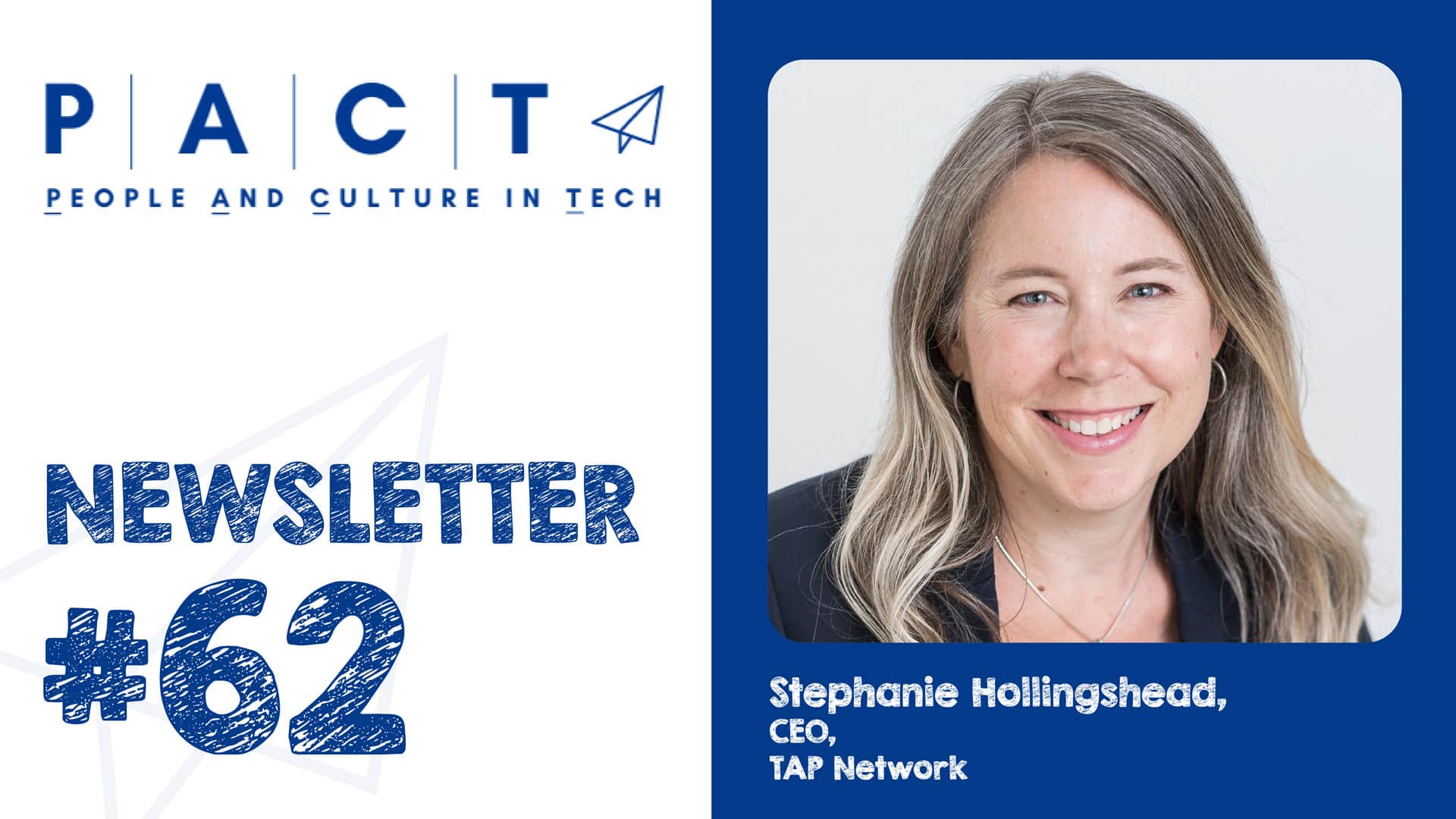Engaging The Empathic Art of Tough Talks (vs. Facing the Costs)
Jason McRobbie

With mental health concerns at an all time high and remote work removing the opportunity for daily check-ins or even casual conversation, a lot is going unsaid that leaders know needs to be addressed. We check-in with resiliency and change expert Joe Roberts (a.k.a. The Skid Row CEO) to get to the heart and the art of tackling critical conversations—and how those tough talks can make a world of difference for organizations and individuals alike.
Key Takeaways
- Leaders cannot afford the cost of avoiding tough talks in a competitive market
- Building a culture of conversational check-ins can help identify challenges before they worsen
- Separating the person from the behaviour is the key to finding shared wins in tough conversations.
Can we talk?
Why are those words often harder to say than to hear for leaders?
Few know and embody the value of tough conversations like Joe Roberts a.k.a. The Skid Row CEO. More than a few of those tough talks lay at the core of his own transformation over 30 years ago—from living under the Georgia Viaduct in Vancouver as a homeless, skid row addict to putting two college diplomas under his belt, becoming CEO of one of Vancouver’s leading multimedia companies, walking across Canada to raise awareness about youth homelessness and becoming a highly respected business and community leader.
Having already won the BC Courage to Come Back Award and been recognized by MacLean’s Magazine as one of “10 Canadians Who Make a Difference,” Joe was most recently awarded the Meritorious Service Medal from The Governor General of Canada.
Yet, for all those-in-the-know who now know Joe, it is what Joe knows that unlocks the greatness in individuals and organizations worldwide.
How does that work? Sometimes one conversation at a time.
When it comes to believing in people’s capacity to change, Joe knows the difference a tough conversation can make on multiple bottom lines—as well as why they don’t happen sooner and more often. Their value is part of what he has shared forward for decades, speaking with Fortune 500 companies, industry associations and organizations around the world.
The Cost of Going Soft on Tough
As for the cost of avoiding those tough conversations, Joe is unequivocal.
“I think the cost can be measured in shareholder cost and billions upon billions of dollars. When you have a culture that is ill because things aren’t being called out, it’s a failure to lead,” said Joe. “And it’s also a missed opportunity on a few fronts. It’s a missed opportunity for leadership to grow and become better leaders. it’s a missed opportunity for the individual to self-actualize and be the best that they can be in their particular role. And it’s also a missed opportunity within the organization to realize their goals and objectives.
“One of the other costs to consider is you can inadvertently create a toxic work environment just by avoiding these types of conversation,” said Joe. “And in today’s market where recruitment is everything, if you are not weeding out the problems, your good people are going to bounce—they’re going to leave.”
Five Reasons Why We Avoid Tough Talks
The trouble is that the trouble with tough conversations continues—and has only become more troublesome.
“I will ask a room of 200 in a workshop, how many people here love having critical conversations? How many people look forward to performance reviews? And we will have a big laugh,” said Joe. “Because these are the necessary evils, especially in HR. But how many people actually see them as an opportunity to thrive? Very few.”
He also recognizes why more hands don’t rise more often.
“I think there are five key pieces, but, for starters, they’re awkward,” said Joe. “The analogy I like to use when it comes to tough conversations is that they are like public speaking—if we don’t have to, we won’t. The problem is that a lot of times the conversation does need to be had, but we avoid it. We would rather avoid conflict.”
“The second thing is that because we avoid tough talks, we are also not practicing them. Think about public speaking. Those who are good at public speaking weren’t born that way. They went to Toastmasters and they practised,” said Joe. “Or compare it to golf where you will always be hitting the ball into the trees or the pond until the practice shines through.”
“The third thing centres on the reason we don’t practice which is that we don’t have confidence in our toolkit. In other words, we don’t know what to do to be able to collapse and confront someone who might be argumentative or have a conversation around a heavy subject around mental health or a behaviour that is inappropriate.”
The fourth impeding tough talks is one that has impacted even great leaders who have put the time in on their toolkits and that is the sheer load of shifts and challenges the pandemic has foisted upon them.
As for the fifth? “I think that the hybrid or remote work environment is difficult in that it creates an environment where it is even easier to ignore or dismiss the need,” said Joe. “There isn’t that face-to-face you would have in a ‘normal’ workweek where everyone sees each other for 35-40 hours per week in the office.”
In Praise of Empathy and Check-ins
Moreover, with mental health concerns worsening for Canadians and the world over, the need for leaders to break those virtual barriers is more needed than ever.
“In a workshop I deliver on mental health and transforming emotions, we ask the question of leaders, ‘How do you address this?’ We spitballed approaches and came up with a list of questions that weren’t necessarily tackling something straight on, but were more along the lines of check-ins,” said Joe. ’What’s been the hardest thing for you this week? What do you wish you did less of today? What would you like to be different tomorrow? How can I make your day easier right now?’ These are great questions where you are getting close to those more difficult things that are going on and offering an opportunity to open up dialogue.”
Beyond elevating the potential of regular conversation, Joe stresses the need for empathy. “You need to be empathic and not just robotically saying ‘Hello, how are you?” he stressed. “I think that as we move forward, empathic leaders will do better in this environment because true empathy asks the question, ‘What happened before that happened?’”
That empathic leader also stands to make greater inroads with employees in tough places. “On the other hand, if I feel I’m talking to someone who doesn’t have my best interest in mind, I’m going to be guarded and my answers are going to be stock. So I think it’s really incumbent on leaders to search and be curious.”
Separating the Person and the Behaviour
To be clear, Joe is not encouraging leaders to become too soft either.
“We can support the person, but challenge the behaviour. I think the key win here is shared and this is how my own life was transformed. I had people who were strong enough in my life to say, ‘Joe you are okay, but what you are doing isn’t working. So let’s you and I work together on that,” Joe shared. “So when you separate person and behaviour and you challenge the behaviour, while you support the person, that’s where you get the win.”
As for the value of such wins? Joe himself is testament and has played forward his experience and insights for countless others since.
Most importantly, while he knows tough talks live up to their name, Joe knows their true worth.
“When you do anything that is tough, and you go through it, as an individual you gain confidence, you gain skillset and you become better at it. That’s the whole practice thing. Dr. Carol Dweck, right?” said Joe. “But for the individual who you are having that tough conversation with, it is an opportunity to correct course, to change. When people see it in that light, they see the impact, respect the process and want to become better. And from the employee side, who wouldn’t want to work in an organization that is invested in bringing out the best in them?
BACK





